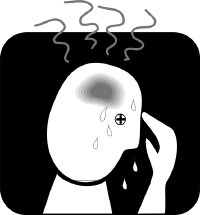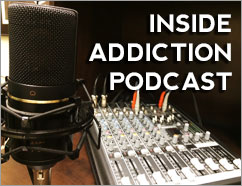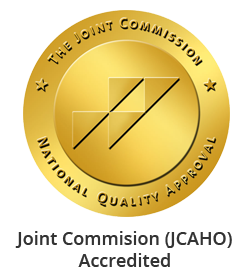 Excessive drinking and alcoholism is the third leading cause of death in the United States. According to Centers for Disease Control and Prevention (CDC), there are approximately 80,000 deaths attributable to excessive alcohol use each year in the US. More than one million emergency room visits are a result of alcohol abuse. Additionally, in the US, alcohol abuse is responsible for 2.3 million years of potential life lost annually. These figures highlight the gravity of the problem of excessive drinking and alcoholism. They also bring to our attention the pressing need to make alcohol rehab facilities easily available to people in the United States.
Excessive drinking and alcoholism is the third leading cause of death in the United States. According to Centers for Disease Control and Prevention (CDC), there are approximately 80,000 deaths attributable to excessive alcohol use each year in the US. More than one million emergency room visits are a result of alcohol abuse. Additionally, in the US, alcohol abuse is responsible for 2.3 million years of potential life lost annually. These figures highlight the gravity of the problem of excessive drinking and alcoholism. They also bring to our attention the pressing need to make alcohol rehab facilities easily available to people in the United States.
In the past few years, many reliable alcohol rehab centers have arisen that provide world-class treatment to people suffering from alcohol addiction. The quality of treatment offered has also improved considerably. However, as understood by most medical professionals ridding yourself of alcohol addiction is no easy task. One of the biggest impediments when it comes to overcoming alcohol addiction is the severe withdrawal symptoms experienced by patients. Excessive drinking over a prolonged period of time can cause permanent changes in the way the mind and body functions. The patient experiences withdrawal symptoms when he or she attempts to give up alcohol. The severity of these symptoms depends on the degree of alcohol addiction as well as the expertise of the treatment center performing the detox. Some of the most common alcohol withdrawal symptoms include-
- Anxiety and Nervousness.
- Emotional vulnerability.
- Headche.
- Sweating and trembling of hands.
- Loss of appetite.
In addition to these, a heavy drinker may experience severe withdrawal symptoms that include insomnia, agitation, convulsions, disorientation, hallucinations and low-grade fever. Delirium Tremens is a term used to describe a severe form of alcohol withdrawal causing major changes in the nervous system. Delirium Tremens is experienced by patients usually after 3-5 days of their last use of alcohol. In many cases, medical intervention becomes necessary. With proper a medical alcohol detox the intensity of alcohol withdrawal symptoms can be greatly reduced. Alcohol rehab centers may play a very significant role in helping a patient overcome alcohol addiction. Expert medical care provided by certified medical doctors and facilities can prove to be of major help when it comes to managing withdrawal symptoms.







